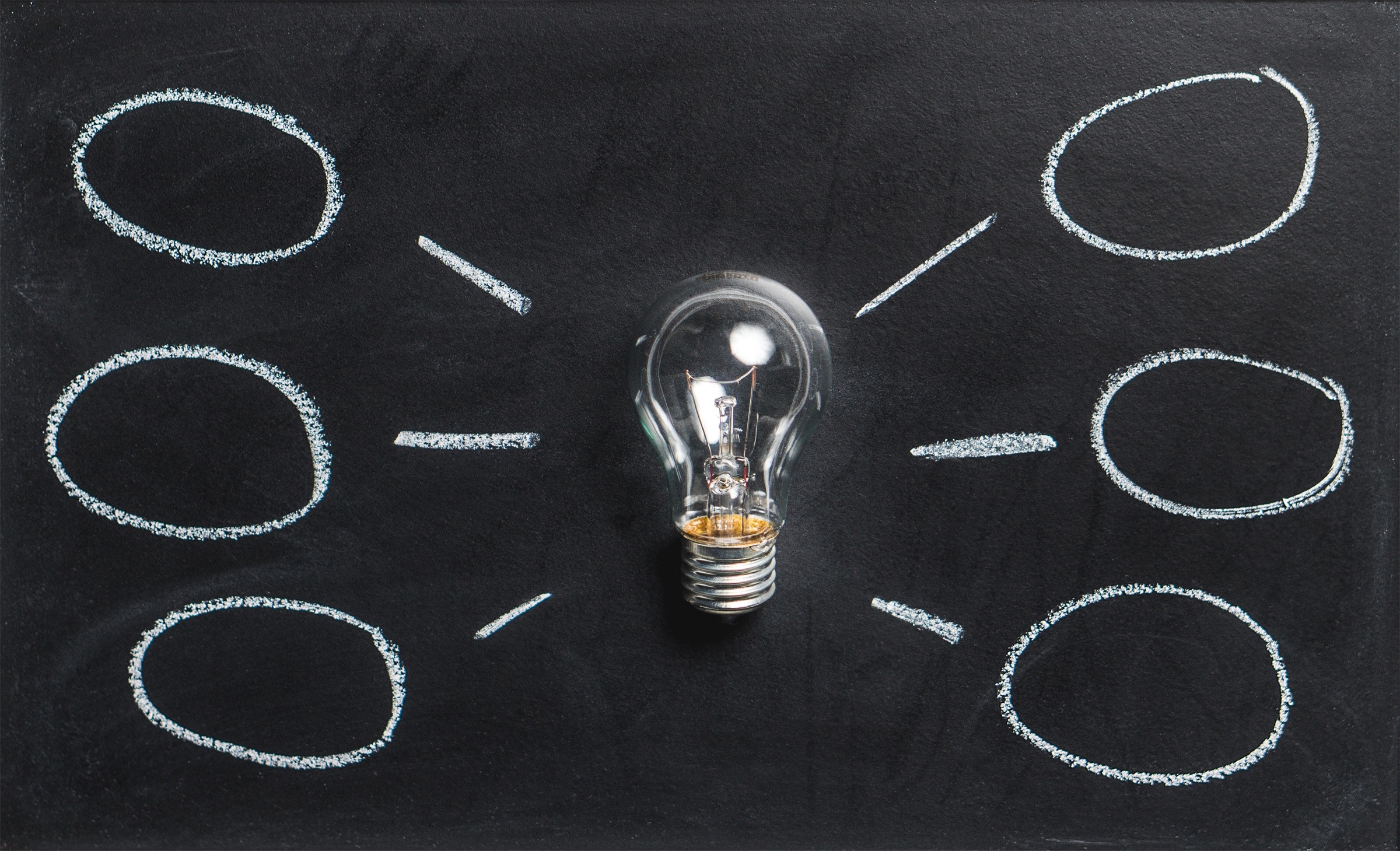Saving electricity is essential for many of us. Not only because of environmental issues but also due to personal savings. So, in this article, we are going to tell you how you can save on electricity in the summer. Yes, in the summer. Most people look for a way to save electricity in the winter. However, the warm season is way better for cutting down energy consumption.
Electricity in the summer
In the summer, hardly anyone worries about electricity. In most cases, the topic is taken in the winter, when larger bills force us to economize on electricity. Meanwhile, it’s in the summer when there is a higher chance of a break-in energy supply. Why?
Well, there is the risk of a so-called blackout, i.e., a general power decline or problems in its delivery. That is mainly due to the lower cooling capacity of power plants. The water used in this process usually comes from the reservoirs.
In the summer, the temperature rises, and the level of water drops. It prevents the power plant equipment from cooling the power plants. The second issue is the high energy demand for cooling fixtures that may cause an energy shortage.
However, the problem concerns all of us, so it’s worth taking care of saving electricity in the summer. We present several ways that will enable us not only to reduce our bills but also to take care of the environment. The first step is to have a look at electricity plans.
Why choose a specific electricity plan?
There are many ways how you can save money on electricity. However, the first step to take is a deliberate choice of electricity plans. What you should look for is a fixed price and lack of cancellation fees. You will find these features in the Alberta Electricity Plan. Besides, if you decide to order renewable electricity now, you will receive one month of supply for free. Let’s now move to the other tips on how you can save money on energy.
Air conditioning? Not necessarily!
Instead of using the energy-consuming air-conditioning, it’s better to use an economical fan. However, if you can’t imagine life without it – invest in one that will have the highest energy class. Place it in an area where it’s not exposed to sunlight or other heat sources.
Choose the optimal temperature for the room and external conditions. Lower temperatures can overload the air-conditioning, additionally causing a “shock” after leaving the room and adversely affecting your health. Remember to have systematic inspections of the device.
Windows under control
If the outside is warmer than within the apartment, close the windows so that the hot air does not get inside. And conversely – there is no point in using the air conditioner when you can get colder air from outside. What else can you do to maintain an average temperature inside? Put the shutters and curtains down when you’re out. This way, you will avoid the so-called “greenhouse effect” at your home.
Make use of your greenery
If you live in a detached house and have a green yard around it, try to get trees or taller shrubs that will partially reduce the amount of sunlight. In the case of an apartment, you can try setting the balcony with flowers and smaller shrubs. They will dissipate the sun’s rays and prevent the warming of the interior. Thus, less warm air will fall inward.
Do not raise the temperature
During hot weather, we usually have less appetite for hot meals, so try to shorten the time of cooking – the air will be less warm, and you will not need to cool it down. However, if a hot dinner is an obligatory point of the day – prepare a meal in the evening when the temperature is relatively low. As a result, there will be no need for long airing to restore optimal conditions.
How to save electricity in the summer?
Besides the examples already mentioned, we still have saving methods that work for the whole year. First, exchange bulbs and electrical devices for those that are energy-efficient. Although it may seem expensive at first, it will ultimately turn out to be a profitable investment – over time, it will pay you back in the form of lower bills. Also, remember about turning off the light, TV, and other devices when you go out or do not use it.




